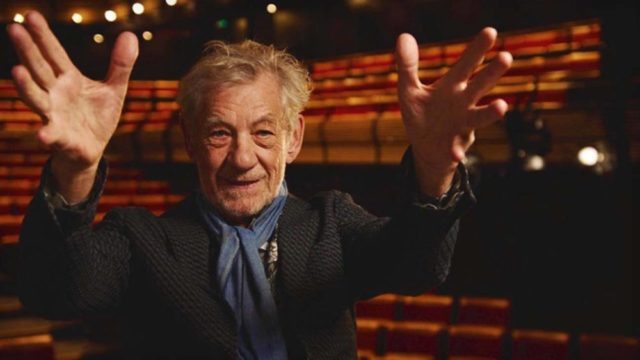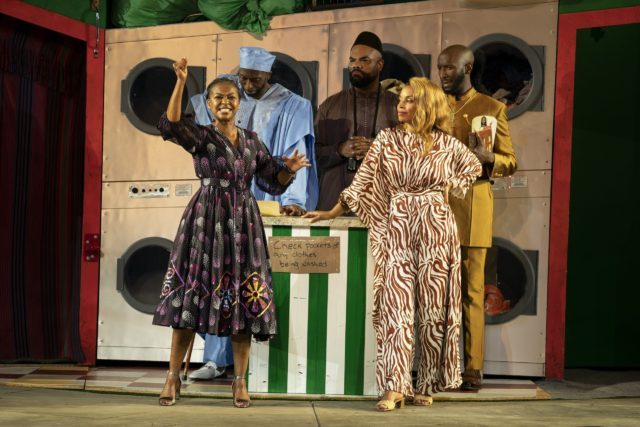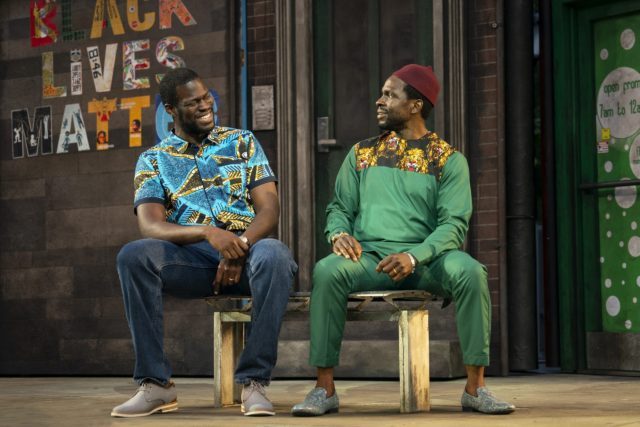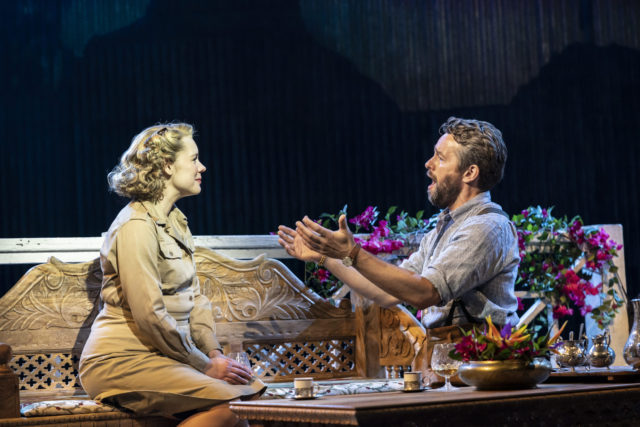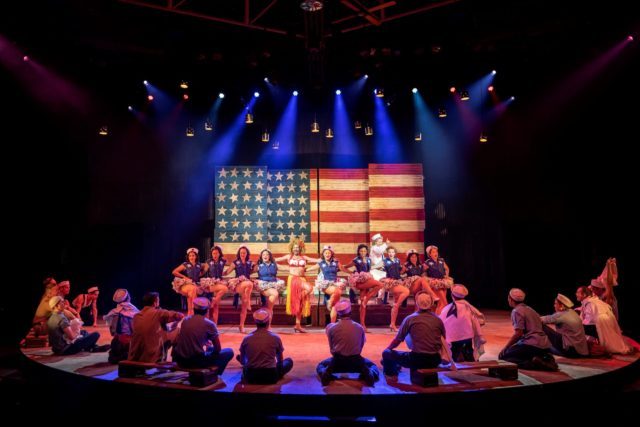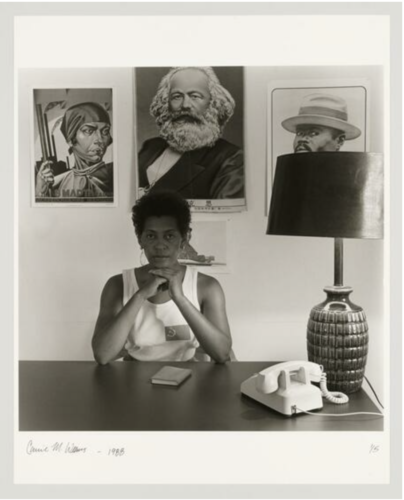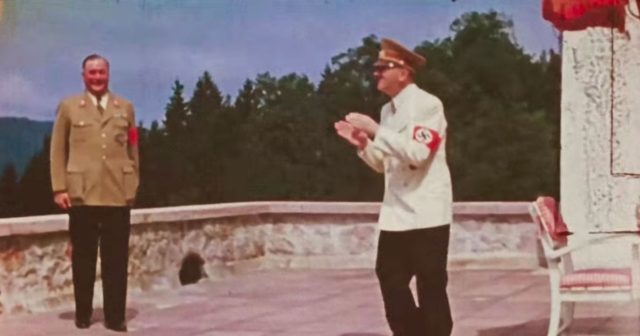
Kate Mulgrew and Barbara Barrie play mother and daughter in NYC-set The Magnificent Meyersons
THE MAGNIFICENT MEYERSONS (Evan Oppenheimer, 2021)
Marlene Meyerson JCC Manhattan
334 Amsterdam Ave. at West Seventy-Sixth St.
On demand: August 20-26, $15
Rooftop screenings with Q&As: August 22 & 24, $15, 8:00
argotpictures.com
The dysfunctional Manhattan family in Evan Oppenheimer’s new drama The Magnificent Meyersons might not be quite as quirky and off the beaten path as the off-the-wall dysfunctional NYC clan in Wes Anderson’s dark-comedy cult favorite The Royal Tenenbaums, but the trials and tribulations of brothers, sisters, and mothers in each are set in motion by a long-absent father.
Available on demand August 20-26 from the Marlene Meyerson JCC in addition to a pair of in-person rooftop screenings on August 22 and 24 featuring Q&As with writer-director Oppenheimer and several of the stars, The Magnificent Meyersons consists of a series of two-character discussions, examining love and loss, responsibility and faith, until the family ultimately comes together to face some hard truths. Oldest daughter Daphne (Jackie Burns) and her husband, Alan (Greg Keller), talk about whether they want more than one child; later, Daphne examines her career with friend and publishing colleague Joelle (Kate MacCluggage). Oldest son Roland (Ian Kahn), a successful businessman, shares his bleak pessimism about the state of the world with his finance pal Percy (T. Slate Gray). Youngest son Daniel (Daniel Eric Gold), who is studying to become a rabbi, delves into the existence of a supreme being first with his friend Lily (Lilli Stein), then with Father Joe (Neal Huff).
Youngest daughter Susie (Shoshannah Stern), a rising real estate agent, meets with her girlfriend, Tammy (Lauren Ridloff), in a cafe. And the siblings’ mother, Dr. Terri Meyerson (Kate Mulgrew), an oncologist, goes for a walk with her mother, the widowed Celeste (Barbara Barrie). Seen in flashbacks is Terri’s husband and the kids’ father, Morty (Richard Kind), who left the family he loves decades ago for a hard-to-explain reason involving his mental well-being. He has been missing from their lives ever since, though his psychological presence hovers over everyone.
Oppenheimer (A Little Game, Alchemy) avoids making heroes or villains, culprits or victims out of any of his characters; they are all complex individuals who, above all else, have ordinary problems over the course of an ordinary day. One of the concepts that is central to the narrative is that no one is special and that nothing is extraordinary; in fact, a major event, breaking news that pings across the city (and the world), does not create the impact one would expect. It’s just another thing in people’s lives.
Several of the subplots go nowhere, including one involving Roland’s wife, Ilaria (Melissa Errico), and their daughter, Stefania (Talia Oppenheimer, Evan’s daughter), or are unfulfilling. Most of the action takes place in and around Union Square Park, City Hall Park, and other familiar outdoor locations, with repetitive drone shots introducing new scenes. Oppenheimer seems to go out of his way to make sure nothing of too much consequence ever happens; even when Dr. Meyerson tells a couple that their young child has only three months to live, the father refuses to accept it, and Terri can only watch, offering nothing further. Don’t expect fireworks, because you’re not going to get them. Even when confrontation appears to be inevitable, when the finale tosses yet one more twist at us, Oppenheimer does not even try to close it all up neatly. It’s just another average day for an average family in a grand city.
“Why would a reviewer make the point of saying someone’s not a genius? Do you especially think I’m not a genius?” Eli Cash (Owen Wilson) says over the phone in The Royal Tenenbaums, which is a work of genius. “You didn’t even have to think about it, did you?” The same can be said about the characters in The Magnificent Meyersons.
